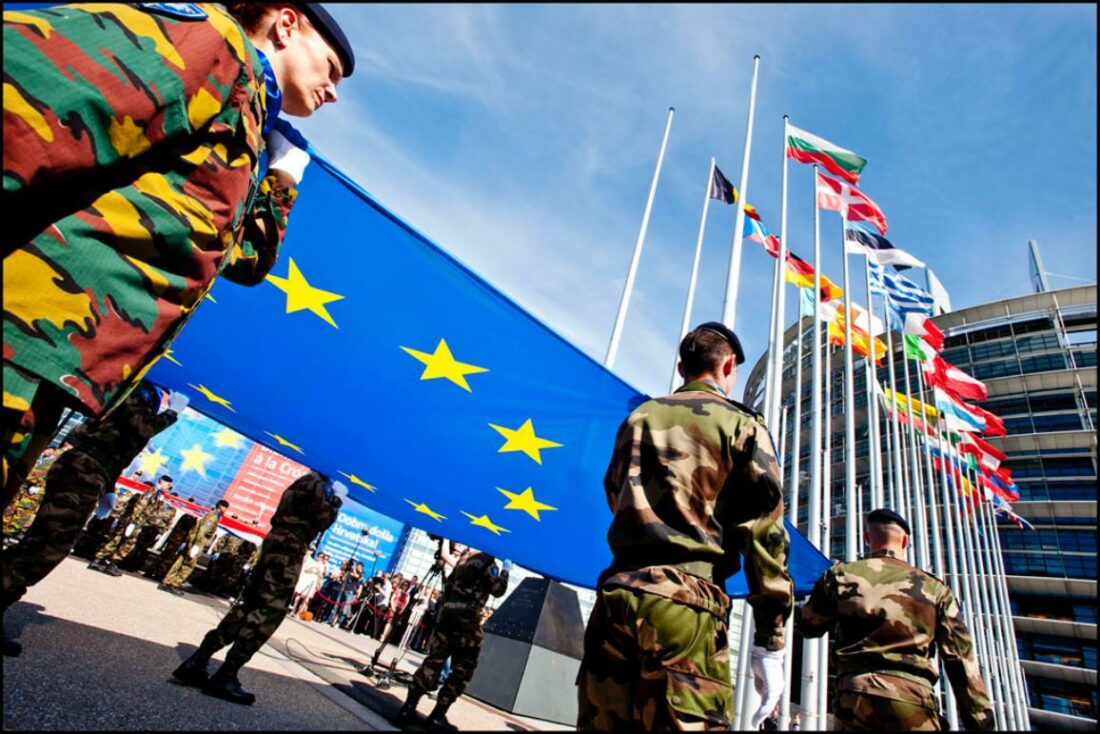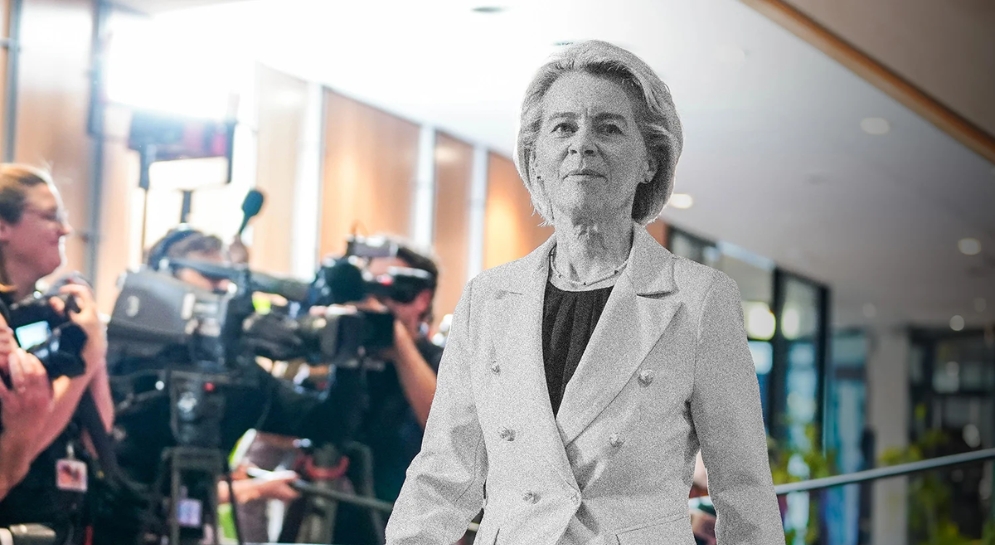
Zero Troops or PESCO? Decide, Mr. President!
Article by Stavri Kalopsidiotou – Lawyer and International Law expert, Member of the C.C. of AKEL and the Cyprus Problem Bureau of the C.C. of AKEL
19th November 2017, “HARAVIGI” daily newspaper
When the political actions and decisions of a President of a state are reduced to tools for the renewal of his/her presence in the presidential chair, then he/she is quite simply not beneficial to the people, but politically dangerous. That’s an exaggeration, someone might say. Somebody else will talk about Left-wing ideological obsessions. Some others will mockingly refer to the debate during the 2013 election campaign around the so-called “Partnership for Peace”, while another section of Cypriot society seems to be unknowingly bypassing the accession of the Republic of Cyprus to the Permanent Structured Cooperation on Security and Defense of the EU (PESCO) in a reinforced military co-operation of EU Member-States for the development of military arms and weapons, military infrastructures and the waging of military operations outside the EU’s borders. Is perhaps this specific decision really important and I repeat, is it politically dangerous for Cyprus?
If one analyzes the arguments which the Presidential Palace has based the jubilations that have been channeled in the mass media, these have been based on two axes: (1) the “effectiveness” of the Co-operation to which Cyprus has joined, and (2) the “usefulness” of our participation as to the negotiation of the Cyprus problem, particularly concerning the chapter on security issues. These arguments will last for the duration of the pre-election campaign. Let me explain though.
The fake “effectiveness“ of Cyprus’ participation in PESCO
– Sovereignty: Much as the accession to an international agreement constitutes an expression of the sovereignty of a state, sovereignty isn’t enhanced by membership of PESCO. It isn’t enhanced because the sovereignty of Member States is worn down in the initial decision for accession, which provide for mandatory commitments; because the handing over of important competences/responsibilities to the non-transnational institution of the EU’s “Foreign Ministry” are included in these commitments, such as the monitoring of the agreement’s implementation, the national implementation plans and national contributions; because it is self-evident that the construction of a “military Union” is the means by which Member States’ collective commitment to the orientations and interests of the club of the mighty (Germany, France) is ensured, instead of the respect of the different national interests and policies. And of course, no one in Cyprus can avoid the parallelism with the “economic Union” and the non-nationally controlled decisions taken by the Eurogroup which tragically turned a Member State into an area of economic experimentation in 2013.
– Economy – Growth: In a state with high rates of unemployment, economic deficits and social deprivation, the increase in defense spending – which participation in PESCO goes without saying – shouldn’t have been among the priorities of the government and ruling forces.
If public finances permit us to contribute towards the strengthening of the EU’s Battle Groups or to the development of military equipment and weapons (combat tanks, unmanned aircraft/drones, satellites or transport aircraft) then why don’t we invest in health, education and the welfare state instead?
Why then was only 25 million Euros, and many other promises, given to the “Fund” to compensate bondholders and depositors?
– Defense protection: The Anastasiades government may turn Cyprus into the “outpost of the West” by participating in PESCO, however it disregards, to the detriment of our people, that it makes our country the nearest target for asymmetric threats.
Militarization of the Cyprus problem
– If in Crans Montana we failed to reach a conclusion on the chapter of security- guarantees because of Turkey’s refusal to accept the Greek Cypriot side’s position for “zero army”, as Mr. Anastasiades and the representatives of governing DISY party are stressing daily, then the following question logically arises: how does one perceive our participation in a permanent military alliance that presupposes the presence of foreign troops in Cyprus?
– And if in Crans Montana the negotiations collapsed because Turkey was asserting that troops stay on the island for a long period, as well as an executive role in the mechanism for implementing the solution, why doesn’t the structured military PESCO-NATO complementariness bother us – in which Turkey will play an executive role – with the evident prospect of Cyprus’ military involvement or presence in “projects” that will concern our country forever?
– Is it or is it not at the end of the day “zero troops” in Cyprus our position for the solution? Is it or is it not Turkey’s zero military presence in Cyprus our position? Because if it is, then it is difficult for someone to comprehend the decision to participate in PESCO. And if it isn’t, then it is difficult for one to understand the unproductive termination of the negotiations in Switzerland, given the position of the UN Secretary-General, Greece, the EU and Britain for an end to the guarantees and intervention rights.
– Of course, it is difficult for anyone to understand how PESCO represents our shield of protection against Turkish aggression, given that it explicitly forbids anything that clashes with the obligations arising from the participation of member-states in NATO …And in particular against a contracting party with it state through NATO.
I will not repeat what we have been stressing for many years about the overall importance of the demilitarization of Cyprus through the solution of the Cyprus problem. Nor about the possible consequences of deviating from the Unanimous Decisions of the National Council. I shall just point out that the path of opportunistic policies which the outgoing President is pursuing on critically important issues affecting the future of the country is, to say the least, politically dangerous.




